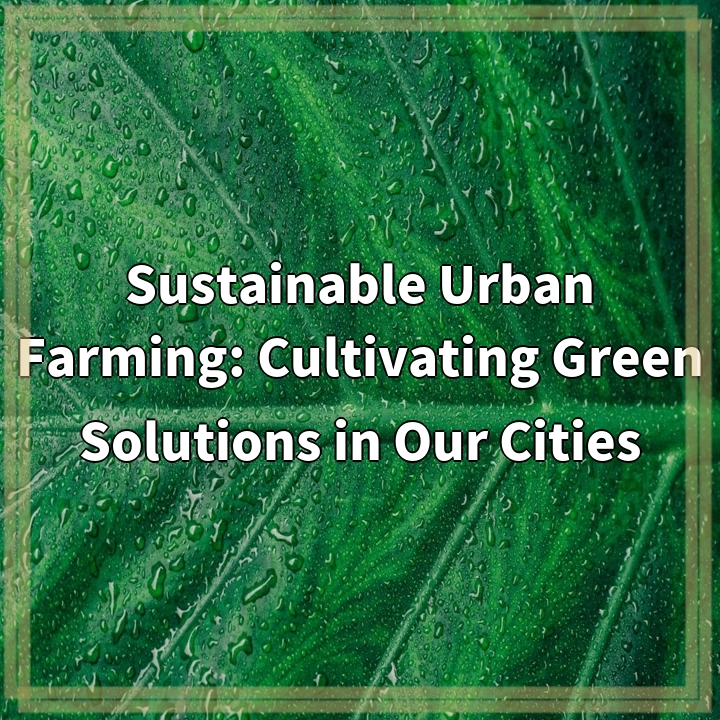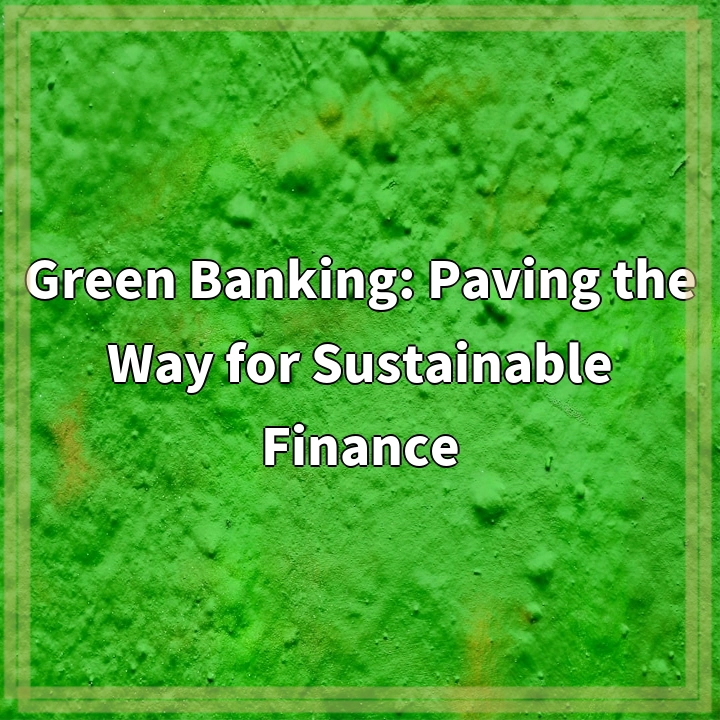
What It Is:
Sustainable urban farming is an innovative approach to agriculture that seeks to grow food within city environments while minimizing environmental impact. This practice integrates traditional farming techniques with modern technology, focusing on organic methods, resource conservation, and local food production. Urban farms can be established in a variety of settings, from rooftops and vacant lots to community gardens and vertical farms, allowing city dwellers to access fresh produce and reduce their carbon footprint.
Key Components of Sustainable Urban Farming
1. Local Food Production: Sustainable urban farming emphasizes the production of food within cities, reducing transportation emissions and ensuring fresher, healthier produce for local communities.
2. Resource Efficiency: Techniques such as rainwater harvesting, composting, and energy-efficient systems are implemented to minimize waste and utilize resources sustainably.
3. Biodiversity: Incorporating a variety of crops and plants helps enhance biodiversity, promoting healthier ecosystems and resilient food systems.
Real-World Problems Associated with Sustainable Urban Farming
Despite its potential benefits, sustainable urban farming faces several challenges that need to be addressed for its widespread adoption and effectiveness.
1. Limited Space
Urban areas often struggle with space constraints, making it challenging to establish farms that meet the demands of local populations. Rooftop gardens and vertical farming systems can help, but they may not provide enough production to address food insecurity.
2. Soil Contamination
Many urban areas are affected by soil contamination due to industrial activities, leading to potential health risks when growing food. Remediation efforts can be time-consuming and expensive, posing obstacles for urban farmers.
3. Regulatory Challenges
Urban farming often encounters bureaucratic hurdles, such as zoning laws and land-use regulations. Farmers may struggle to navigate these legal barriers, limiting their ability to cultivate land effectively.
4. Access to Resources
Urban farmers may have difficulty accessing necessary resources such as land, water, and funding. Without sufficient support, projects may fail to thrive or expand, undermining their impact on local food systems.
5. Community Engagement
Sustainable urban farming relies on community involvement for success, but building and maintaining that engagement can be challenging. Communities may have diverse needs and interests, requiring strong communication and collaboration efforts to create a sense of ownership and participation.

Solutions to Challenges in Sustainable Urban Farming
To overcome the challenges associated with sustainable urban farming, several strategic solutions can be implemented to ensure its effectiveness and viability in urban environments.
1. Innovative Space Utilization
Leveraging innovative farming techniques such as vertical farming and hydroponics can maximize limited urban spaces. By utilizing walls and rooftops, urban farmers can increase crop yields without requiring extensive land use.
2. Soil Remediation and Testing
Regular soil testing and remediation practices are essential for ensuring safe food production in contaminated areas. Urban farms can partner with environmental organizations to conduct soil assessments and implement strategies to improve soil health.
3. Advocacy for Supportive Policies
Engaging with local governments and policymakers to advocate for changes in zoning laws and land-use regulations can facilitate the growth of urban farming initiatives. Supporting legislation that promotes urban agriculture can create a more conducive environment for farming.
4. Accessing Resources and Funding
Urban farmers can explore partnerships with local businesses, nonprofits, and government programs to secure funding, land, and resources. Grants and community-supported agriculture (CSA) programs can help mitigate financial barriers.
5. Fostering Community Engagement
Building strong relationships within the community is crucial for the sustainability of urban farms. Organizing workshops, events, and volunteer opportunities can increase community involvement, create awareness, and encourage collaboration among residents.















